Smith & Wesson Chief Special Model 36 and 37-MTR is making holsters for them
| Smith & Wesson Model 36 | |
|---|---|
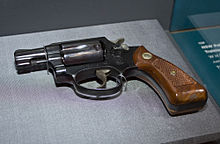
Smith & Wesson Model 36 Revolver which was issued to women in the New South Wales Police Force
|
|
| Type | Revolver |
| Place of origin | United States |
| Service history | |
| In service | 1950–present |
| Used by | Users |
| Production history | |
| Manufacturer | Smith & Wesson |
| Unit cost | $751.00 MSRP[1] |
| Specifications | |
| Weight | 19.5 oz. |
| Length | 6.22″ |
| Barrel length | 1.811″ |
|
|
|
| Caliber | .38 Special |
| Action | Double Action/Single Action |
| Effective firing range | 25 yards (23 m) |
| Maximum firing range | 50 yards (46 m) |
| Feed system | 5-round cylinder |
| Sights | Fixed rear, front blade |
The Smith & Wesson Model 36 is a revolver chambered for .38 Special. It is one of several models of “J-frame” Smith & Wesson revolvers. It was introduced in 1950, and is still in production.
History[edit]
The Model 36 was designed in the era just after World War II, when Smith & Wesson stopped producing war materials and resumed normal production. For the Model 36, they sought to design a revolver that could fire the more powerful[clarification needed] .38 Special round in a small, concealable package. Since the older I-frame was not able to handle this load, a new frame was designed, which became the J-frame.
The new design was introduced at the International Association of Chiefs of Police (IACP) convention in 1950, and was favorably received. A vote was held to name the new revolver, and the name “Chiefs Special” won.[2] A 3 in (76 mm)-barreled version design went into production immediately, due to high demand. It was available in either a blued or nickel-plated finish.[3]It was produced as the “Chiefs Special” until 1957, when it then became the Model 36. The “Chiefs Special” continued to be manufactured as a separate variant.
In 1951, Smith & Wesson introduced the Airweight Model 37, which was basically the Model 36 design with an aluminum frame and cylinder. The aluminum cylinders proved to be problematic and were abandoned in favor of a steel cylinder.[3]
In 1989, Smith & Wesson introduced the LadySmith variant of the Model 36. This was available with 2 in (51 mm) or 3 in (76 mm) barrel and blued finish. This model also featured special grips designed specifically for women, and had “LADYSMITH” engraved on the frame.[4]
Approximately 615 Model 36-6 Target variations were produced. This variant had a 3-inch full lug barrel with adjustable sights and a blued glass finish.
In 2002, Smith & Wesson reintroduced the Model 36 with gold features (hammer, thumbpiece, extractor, and trigger), calling it the “Model 36 Gold”. The gold color was actually titanium nitride.
In 2005, Smith & Wesson produced the “Texas Hold ‘Em” variant. This was produced with a blued finish, imitation ivory grips, and 24k gold plate engraving.
A large number of Model 37 variants with a lanyard ring attached were made for Japan. Part of this contract was cancelled, resulting in a large number of these being sold to a wholesaler, who then re-sold them for civilian use. These entered the civilian market in 2001. In 2006, the Model 37 was dropped from Smith & Wesson’s catalog.
Serial number 337 was shipped to J. Edgar Hoover and is engraved with his name.
In 1958, Spanish manufacturer Astra developed a high quality revolver line based on this weapon, under the name of Astra Cadix, Astra 250 and Astra NC6

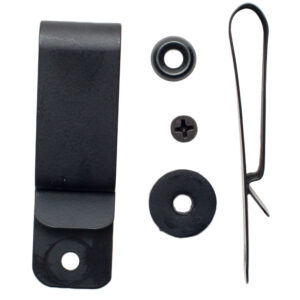
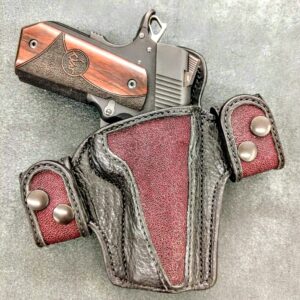
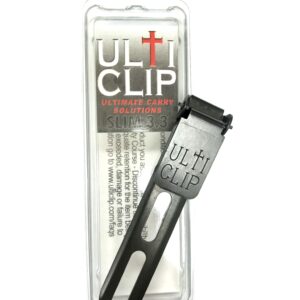
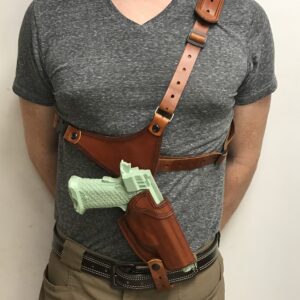
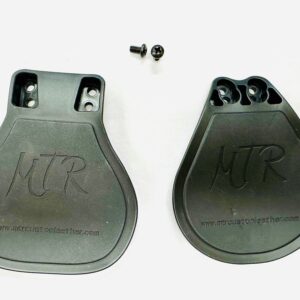
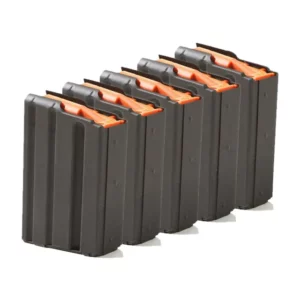
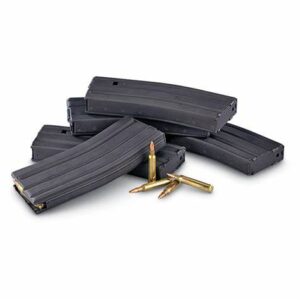
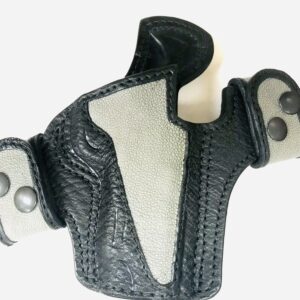
Recent Comments